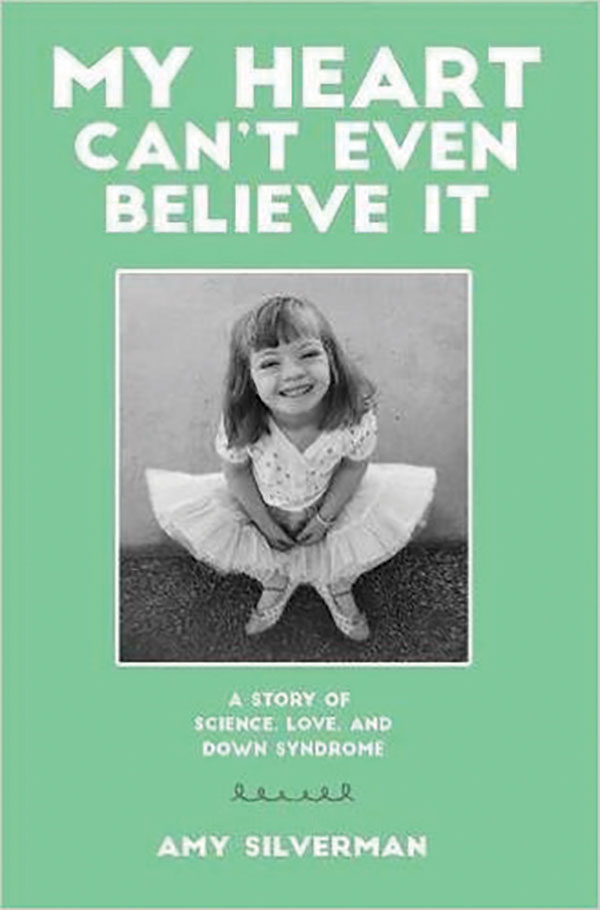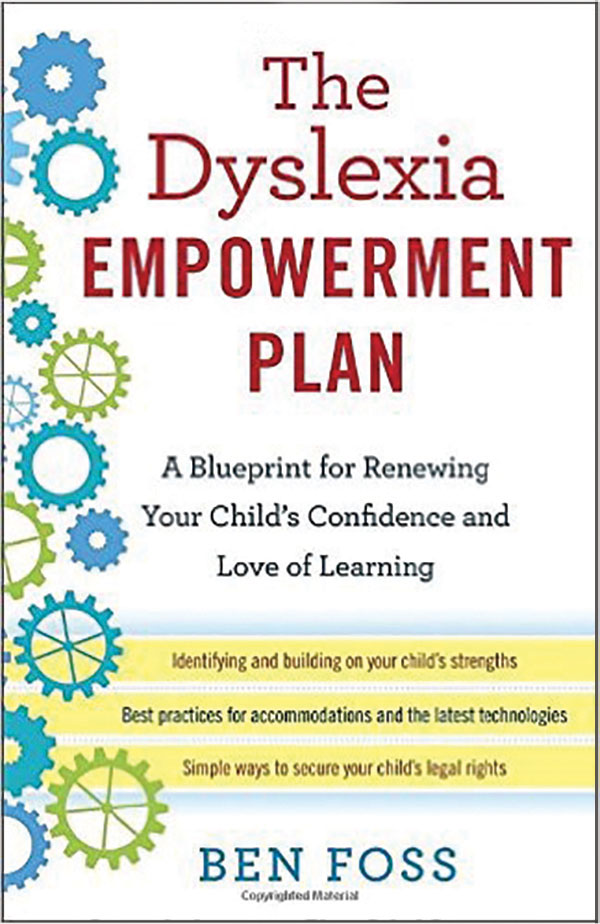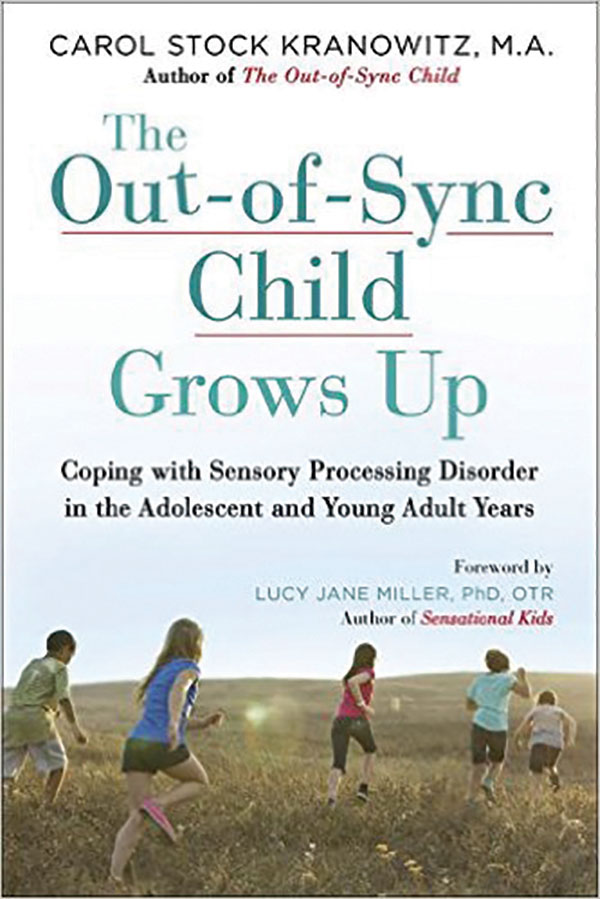 When my daughter was first diagnosed with severe developmental delays, I couldn’t read a whole book on the topic. Six years later, I relish gleaning knowledge from books about kids with special needs.
When my daughter was first diagnosed with severe developmental delays, I couldn’t read a whole book on the topic. Six years later, I relish gleaning knowledge from books about kids with special needs.
Again and again, I sigh in recognition while reading and think: Yes, me, too. I know what it’s like to be a parent of a girl with specific weaknesses and strengths that I need to know well in order to help her succeed. The following are a few new titles on my bookshelf.
1. My Heart Can’t Even Believe It: A Story of Science, Love and Down Syndrome
Author Amy Silverman examines Down syndrome with a mother’s heart and a reporter’s brain. The NPR contributor gives a thorough, compelling synopsis of numerous issues, including puberty, IQ, special education and the word “retard.” But it is the narrative of her daughter Sophie’s life that serves as the book’s backbone.
Throughout the book, Silverman doesn’t let her own, or anyone else’s, biases off easy. Take this quote from Chris Rush, a Tucson artist who paints portraits of people with disabilities. “What this all comes down to is, do people want to be smart or kind?” Rush says. “I’m pretty smart, but I had to question my kindness when I ended up in this community.”
 2. The Dyslexia Empowerment Plan: A Blueprint for Renewing Your Child’s Confidence and Love of Learning
2. The Dyslexia Empowerment Plan: A Blueprint for Renewing Your Child’s Confidence and Love of Learning
In this book’s introduction, the reader learns that the level of shame someone with a reading disability experiences “often matches, in intensity, the shame experienced over incest.” Considering this, it’s surprising that this book is actually one of the least depressing ones you’ll ever read.
Ben Foss, founder of nonprofit Headstrong Nation, is the best kind of cheerleader: He explodes myths about learning differences, helps parents diagnosis their children’s strengths and gives step-by-step instructions on creating accommodations for their kids. Listening to rather than reading a story can level the playing field, for example.
3. Ketchup Is My Favorite Vegetable: A Family Grows Up with Autism
Author Liane Kupferberg Carter brings all of herself to the page, which makes this memoir a quick read. Particularly relatable: her trying to find a “why” for her child’s autism diagnosis. Of course, no one is at fault in such a situation, but to see someone’s mirrored thoughts on a page is such a relief.
Carter takes us through her family’s two decades of living with her son Mickey’s diagnosis. She shows us his empathy despite the world’s insistence that autistic children are not empathetic. She navigates epilepsy, bullying, even the ups and downs of becoming his court-appointed temporary guardian — all important topics in a country where one in 45 children is diagnosed with autism today.
4. The Out-of-Sync Child Grows Up: Coping with Sensory Processing Disorder in the Adolescent and Young Adult Years
 Even if your child hasn’t been diagnosed with sensory processing disorder (SPD), Chapter Two of this follow-up to the best-seller The Out-of-Sync Child is a must-read. Carol Stock Kranowitz, M.A., interviews teens and adults, letting them tell their stories in their own words.
Even if your child hasn’t been diagnosed with sensory processing disorder (SPD), Chapter Two of this follow-up to the best-seller The Out-of-Sync Child is a must-read. Carol Stock Kranowitz, M.A., interviews teens and adults, letting them tell their stories in their own words.
She also addresses common concerns, from dealing with daily activities and sleeping to coping with relationships, finding treatment and moving into adulthood. Plus, Kranowitz gives readers a new term to love: extrasensory grace, which “arrives when individuals with SPD learn to love their quirky selves and discover what they are meant to do and do well.”
5. Love That Boy: What Two Presidents, Eight Road Trips and My Son Taught Me About a Parent’s Expectations
When political columnist Ron Fournier’s son Tyler is diagnosed at age 12 with Asperger’s, his wife gives him the task of taking Tyler on trips to build a better relationship between them. The result takes us from a White House Christmas party with the Obamas to meet-ups with former President Bill Clinton.
This page-turner makes good reading for any parent because, as the author notes, every parent’s unconditional love comes with caveats: “You love your kid no matter what, but you expect them to be something: smart or popular or successful . . . Parenthood is the last chance to be the person we hoped to be.” Fournier helps us erase such high expectations.
6. The Loving Push: How Parents and Professionals Can Help Spectrum Kids Become Successful Adults
If helping a teen on the special needs spectrum succeed feels hopeless, this book helps rewrite your definition of hope. Expect real-life examples interspersed with practical advice from world-renowned professor Temple Grandin, Ph.D., and autism and Asperger’s psychologist Debra Moore, Ph.D. “The house of hope is built brick by brick, calamity upon hardship upon mishap upon mistake. With each trial, our children have the opportunity to develop their own resilience, skills, flexibility and adaptability.”
More titles to add to your list
Writing Your Own Script: A Parent’s Role in the Gifted Child’s Social Development by Corin Barsily Goodwin and Mika Gustavson
The Special Needs School Survival Guide: Handbook for Autism, Sensory Processing Disorder, ADHD, Learning Disabilities & More! by Cara Koscinski
Dyslexia Advocate! How to Advocate for a Child With Dyslexia Within the Public Education System by Kelli Sandman-Hurley
Behavioral Challenges in Children With Autism and Other Special Needs: The Developmental Approach by Diane Cullinane, M.D.
Quiet Power: The Secret Strengths of Introverts by Susan Cain











